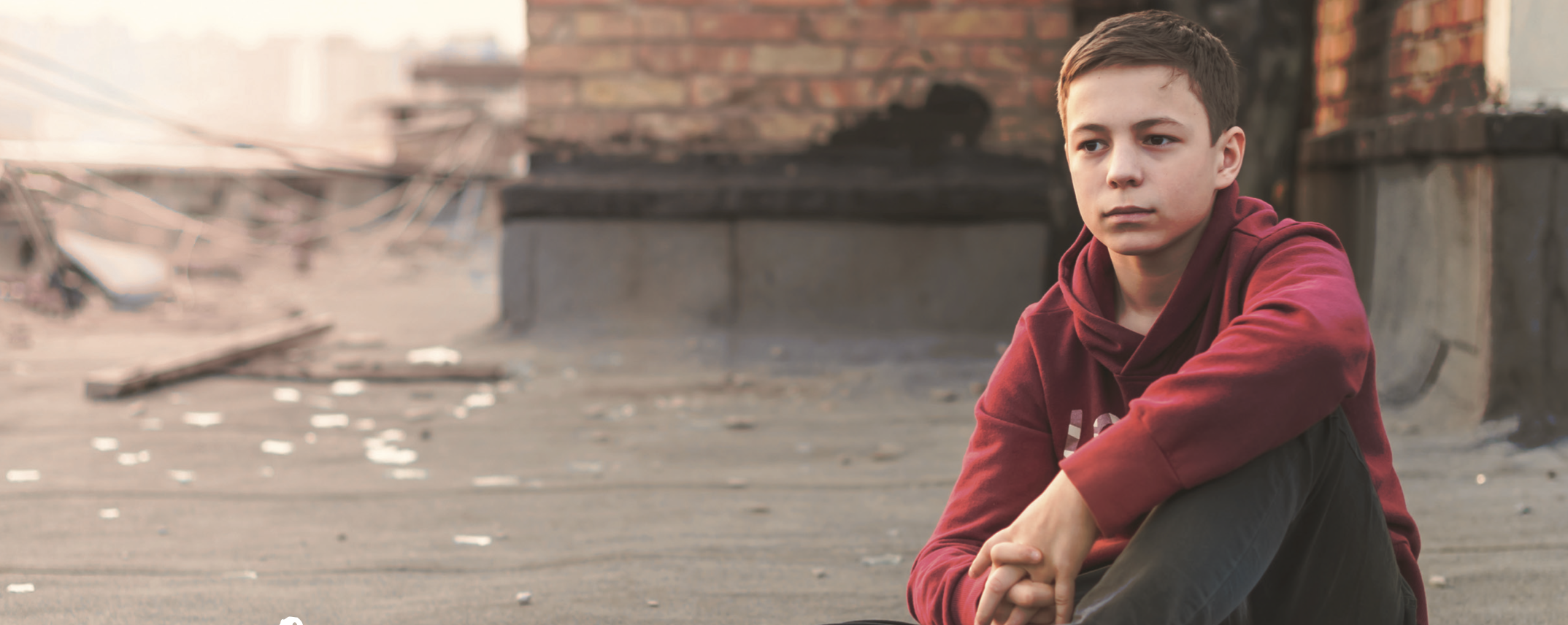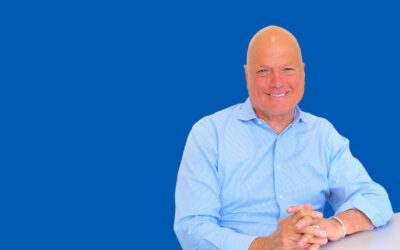A guest post from MJF’s affiliate organisation, Key Assets Australia
In New South Wales (NSW) Australia, there are a significant number of children living in alternate accommodation with round the clock youth work support, as they have been unable to sustain placements with Foster carers. Nothing for these children is normal- no consistent attachment figure, an inability to bring friends “home”, uncertainty about their future and so much more that children need for healthy development. Their often-dysregulated behaviours reflect their inner turmoil and instability.
Key Assets are piloting Pathways to Stability (PTS) a year-long therapeutic foster care model with wrap-around support to stabilise and support such children to transition from alternate care back into home-based care or restoration.
In NSW, their first family successfully completed their Pathways to Stability journey in February 2021. The single carer welcomed a brother and sister aged 10 and 12 years into his home. He shared that
It was very challenging at the beginning because of the difficult past the kids had suffered. A lot of behaviours and trouble to settle and build a connection and trust between us. I questioned myself a few times and ended up always remembering that: the kids deserve love and care like any other kid and also they haven’t chosen what’s happened to them in their life.
The Key Assets Care Professionals involved with the Pathways program agree that the success of this placement and the carers “stickability” and resilience, is due to the intensive, wrap-around support that they received. The family were supported with weekly Social Work and Therapist visits, weekly KCT meetings, CYPSS (Youth Work) support, regular respite, and access to additional funding for crucial services to achieve placement stability.
The additional resource of the Key Assets Therapist provided weekly therapeutic, trauma-informed parenting input to upskill the carer in his parenting. The focus was on creating safety for the children, importantly safety with their carer. The therapist worked with the carer to understand the impact of trauma on all areas of the children’s development which included: their emotional age to be younger than their chronological age; their need for co-regulation as they had not yet learnt to manage their overwhelming emotions; the importance of emotional attunement, connection, and of repairing when things didn’t go as planned.
Given the extent of the children’s early trauma and uncertainty living in an ACA for nearly 2 years, the Social Worker needed to be available to offer weekly intensive support, through home visits, coaching and professional meetings. This ensured the carer had all the tools needed to therapeutically care for the children and the care the children were receiving was safe, reliable, predictable, and consistent.
Reflecting on his caring experience, the carer spoke of some of the highlights of this year as;
These are very simple, seeing them smiling, running around the house screaming and laughing, telling me I love you or we are very happy living with you, asking me for hugs and to tuck them to bed. All of those are very simple things but to me it means the world.

Read a testimonial from a Pathways to Stability Carer at https://martinjames.foundation/ludovics-carer-story-with-key-assets-australia/
Key Assets is a non-government, not-for-profit children’s services agency, part of the Martin James Foundation. It was founded in Australia in 2007 and has grown to provide foster care and related services in New South Wales, Queensland, South Australia, Tasmania, Western Australia and Victoria.
Key Assets Australia strives to develop an innovative range of services for children and young people in out-of-home care, while partnering with statutory bodies and foster carers to understand and meet their unique needs, helping them to succeed.
Learn more at: https://keyassets.org.au



